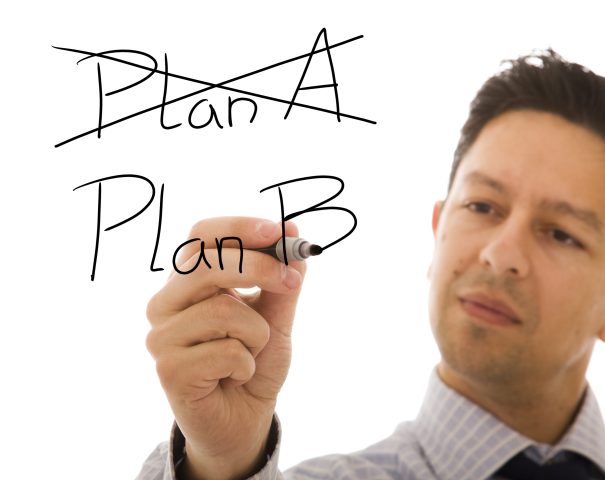Discovering the Keys of Rapid and Confident Decision-Making
In this rapid world, the skill to make decisive and speedy choices is more important than at any time. Regardless of whether you're confronted with choices in your personal life, at work, or in leadership positions, the techniques you build in the decision-making process can significantly influence your results. Excelling in the art of effective decision-making involves comprehending the psychological aspects behind our decision-making and adopting efficient methods that empower us to act decisively.
As we delve into different methods to improve your decision-making capabilities, you'll uncover effective techniques to handle stress, sharpen your critical thinking, and tackle the issues of hesitation. From learning how to combine instincts with data-driven analysis to developing routines that foster cognitive clarity, this write-up will equip you with critical tools to improve your choices with confidence and simplicity. Embrace the journey of unlocking these insights and watch as your life transforms through informed decisions.
Proven Techniques for Intelligent Decision-Making
Mastering the craft of effective decision-making demands a mix of organized strategies and intuitive insight. One powerful strategy is to utilize choice-making frameworks. These frameworks, such as the SWOT or decision trees, help analyze options into manageable parts, allowing you to evaluate the benefits and drawbacks systematically. By visualizing your options, you can clarify potential results and avoid getting confused in the intricacies of your choices.
A further effective method is to utilize the value of stopping. In a rapid world, it's common to rush decisions, but taking a moment to reflect can lead to better outcomes. improve decision-making gives you to gather your thoughts, consider your emotions, and synchronize your choices with your beliefs. It also offers an chance to explore different angles, which can be especially beneficial when confronting difficult decisions.
Additionally, enhancing your emotional intelligence can considerably enhance your choices skills. Understanding your emotions and realizing how they influence your decisions facilitates a more even approach. By identifying when emotions are influencing your decisions—be it anxiety, eagerness, or hesitation—you can take steps to reduce their impact and confirm your choices are guided by both rationality and instinct.
Understanding the Psychology of Effective Choices
Grasping psychology plays a significant role in forming effective decisions. Our cognitive frameworks, shaped by past experiences and cognitive biases, profoundly influence how we process information and judge risks. Common biases, such as confirmation bias and anchoring, can cloud our judgment and lead to ineffective choices. By recognizing these biases, we can prepare ourselves to tackle decisions more impartially, allowing for clearer thinking and better outcomes.
The ability to understand emotions is a further factor in decision-making. The ability to identify and control our emotions, as well as those of others, empowers us to handle complex situations more greater ease. When facing tough choices, those with high emotional intelligence can balance feelings with rational thought, leading to more balanced and confident decisions. By enhancing our emotional awareness, we can lessen anxiety and second-guessing, eventually resulting in quicker and firmer choices.
Mindfulness also plays a vital role in the decision-making process. By developing present-moment awareness, we can prevent the trap of overthinking and indecision. When we pause to reflect, we are better positioned to evaluate our options without being overwhelmed by fear or pressure. Weaving mindfulness techniques into our daily routines can sharpen our focus, lower stress, and boost our overall decision-making capabilities, contributing to more fulfilling and effective choices.
Methods to Overcome Judgment Fatigue

Choice overload can significantly impair your skills to execute decisions effectively. One successful approach is to reduce the number of decisions you need to decide throughout the day. This can be achieved by creating systems or making certain choices default, such as what you wear or your breakfast choices. By reducing the cognitive load related to insignificant decisions, you reserve mental energy for more important choices later on in the day.
Another beneficial method is to rank your decisions. Start by classifying which decisions hold the highest value and demand additional attention. Allocate your peak judging periods for these critical choices, as your cognitive clarity typically reaches its peak during certain parts of the day. Knowing when you are most alert can assist you focus your attention towards critical decisions, thereby lessening fatigue and improving the standard of your decisions.
Lastly, incorporating pauses into your decision-making method can be a major improvement. When faced with a stream of decisions, take short breaks to refresh your mind. Even a brief pause can help regain focus and clarity, making it simpler to tackle subsequent choices with a more organized mindset. Additionally, employing mindfulness strategies during these breaks can help ground your thoughts and lessen the overwhelming sense of urgency often associated with decision-making.